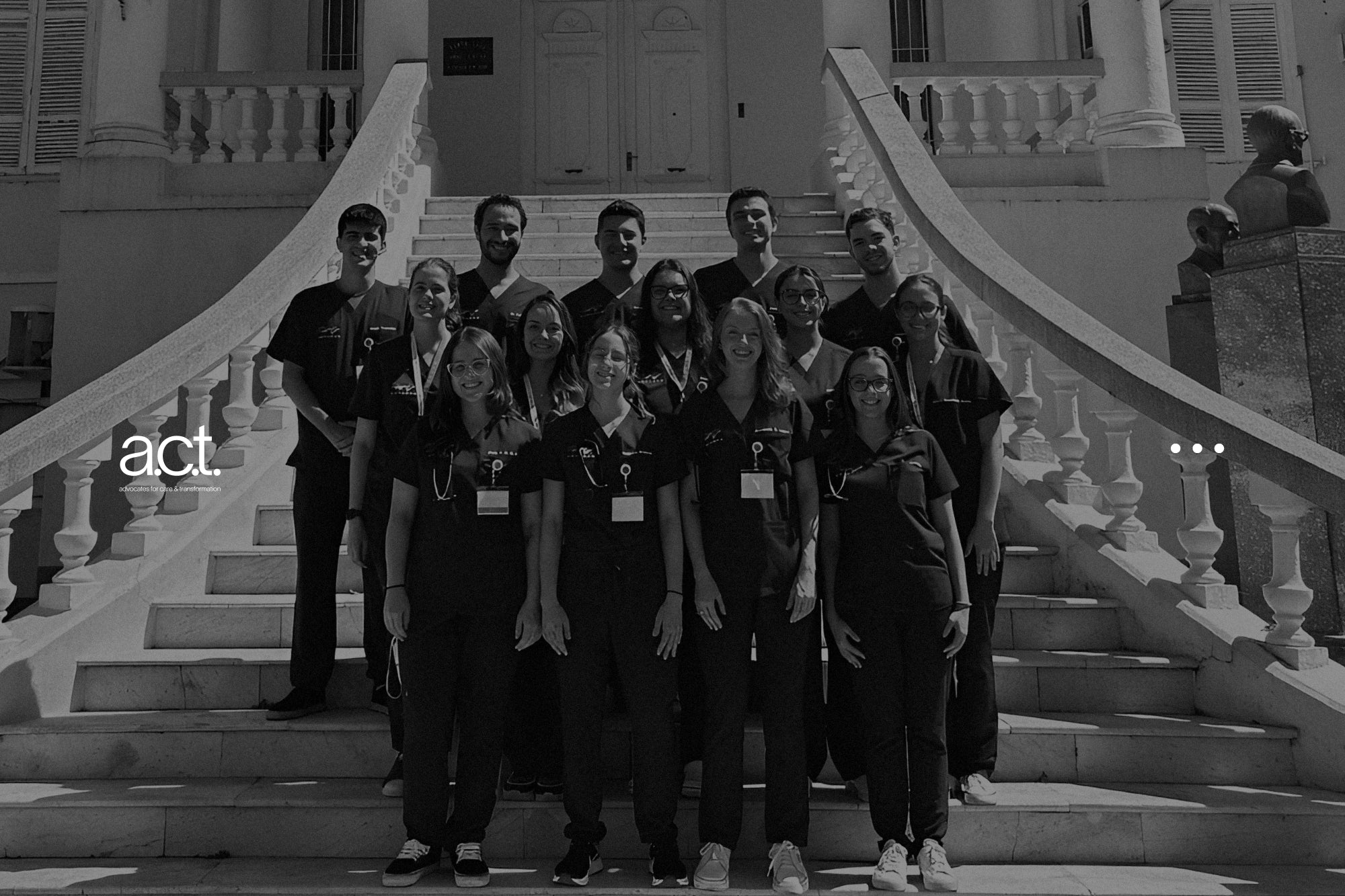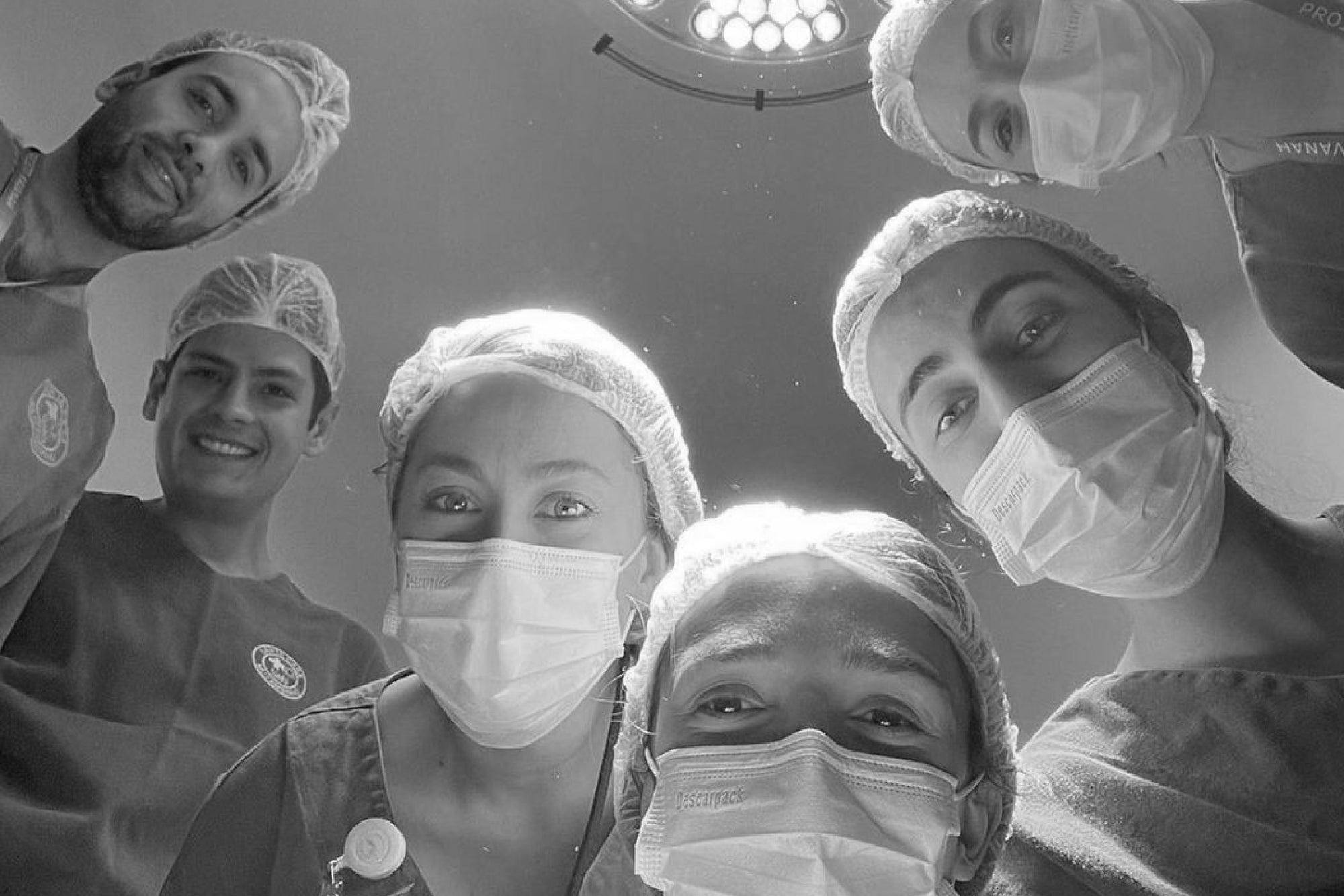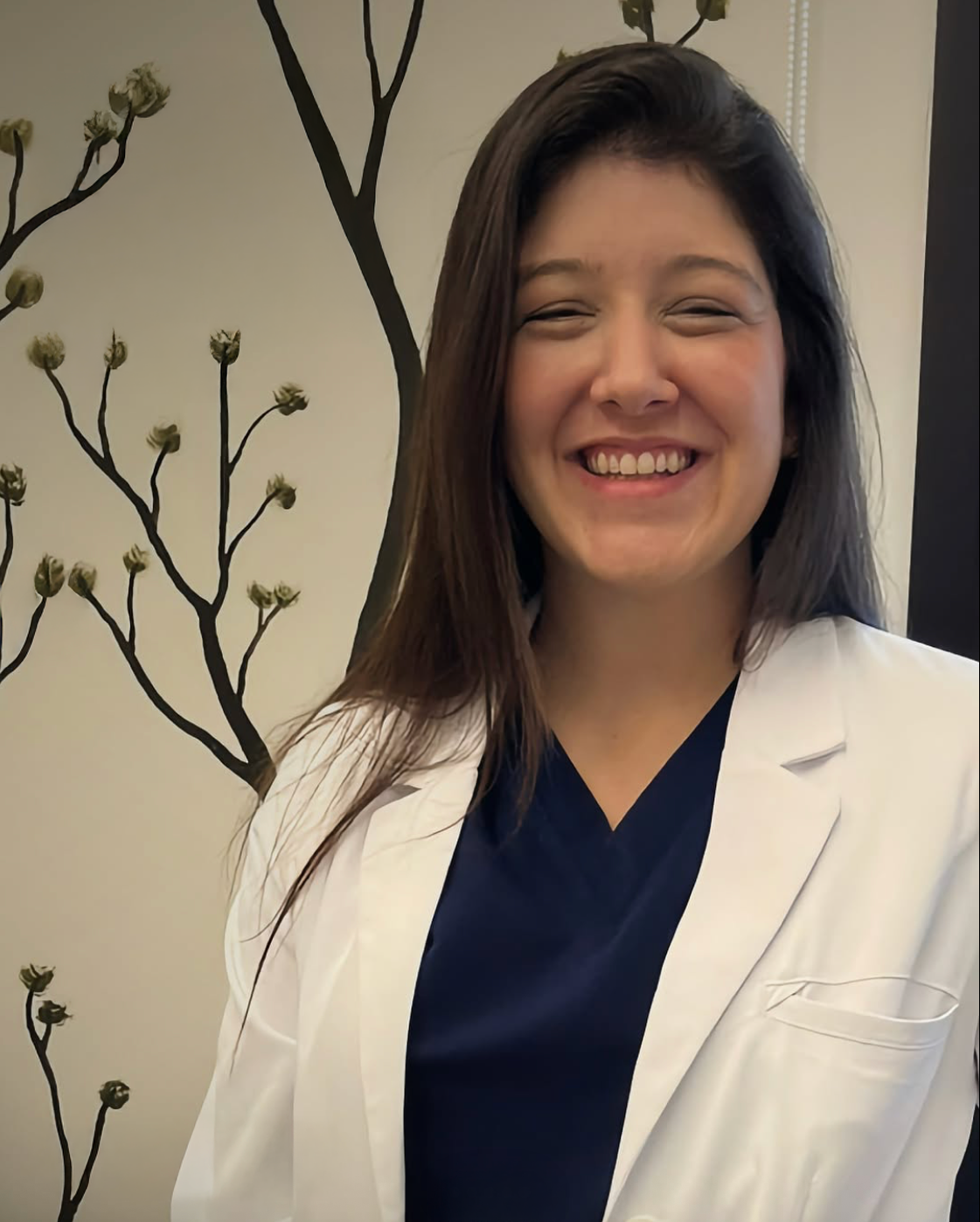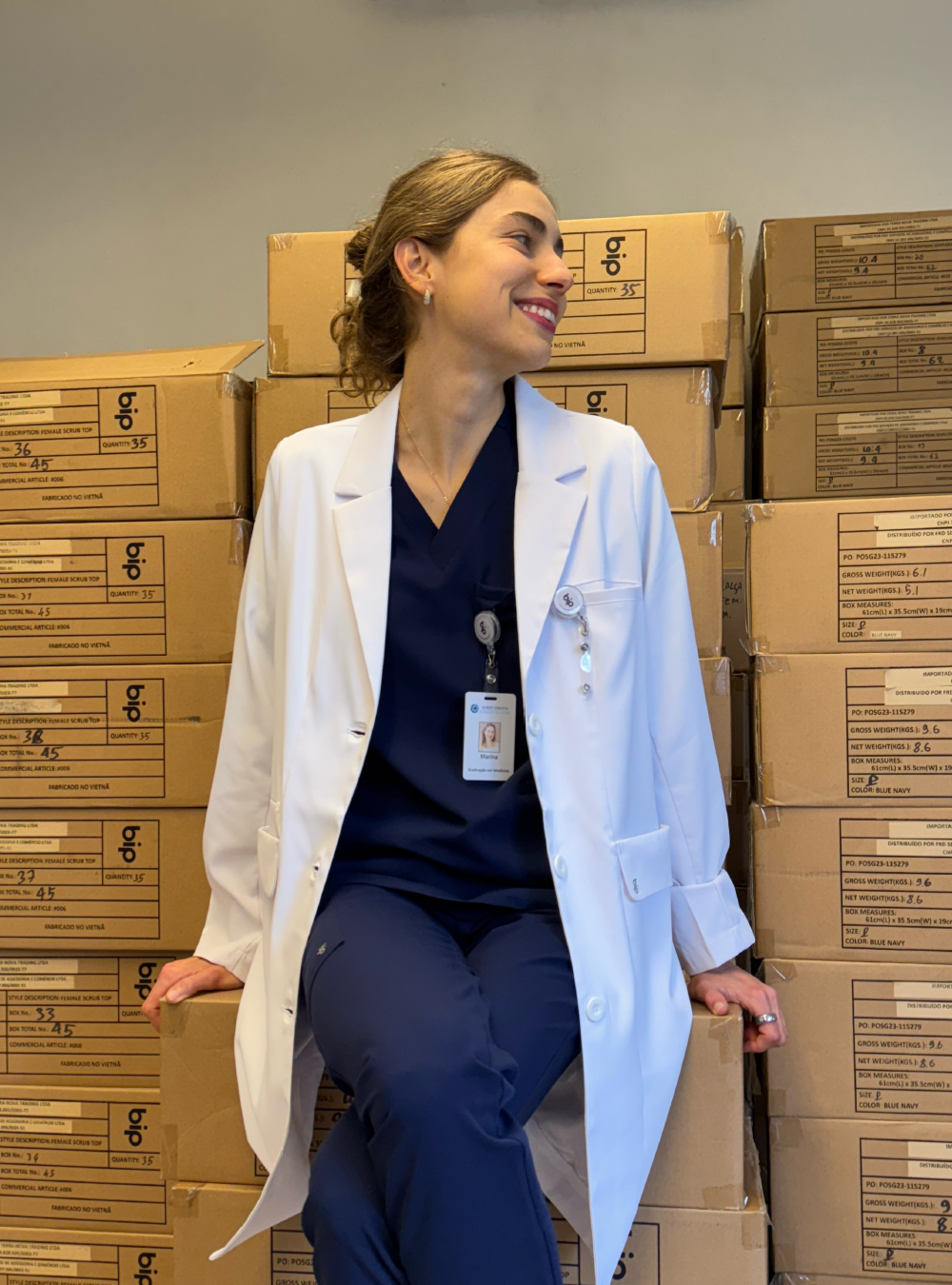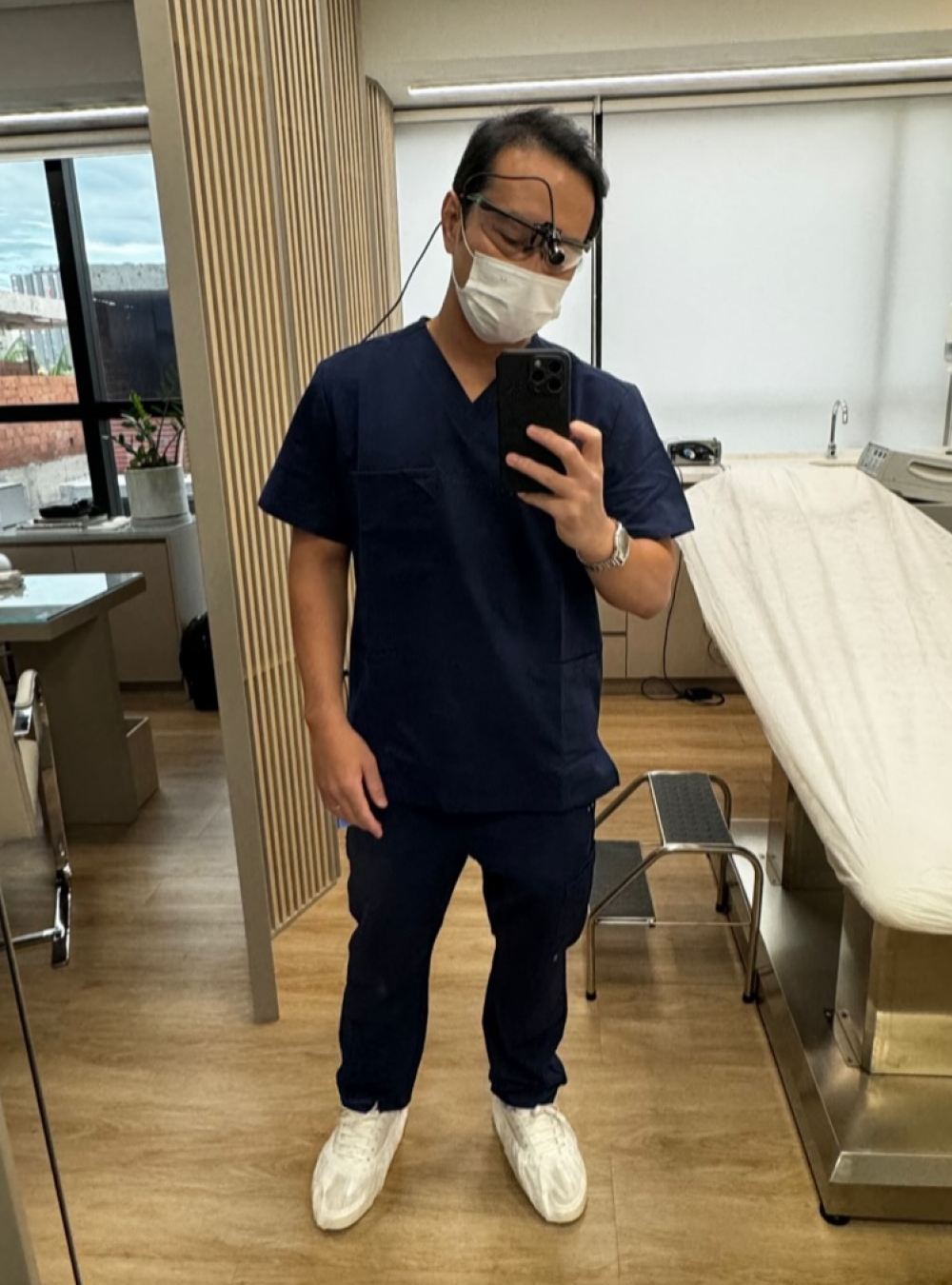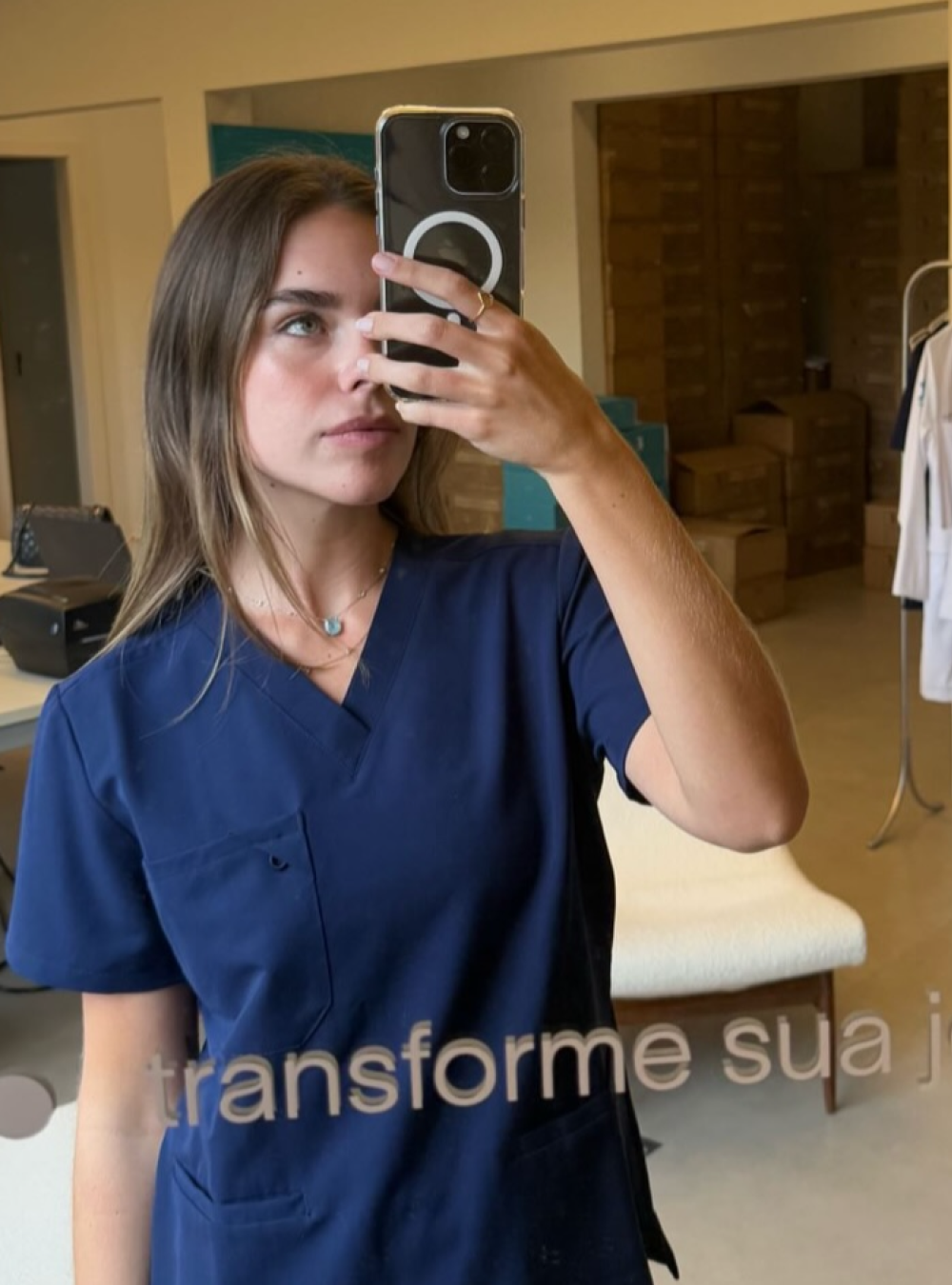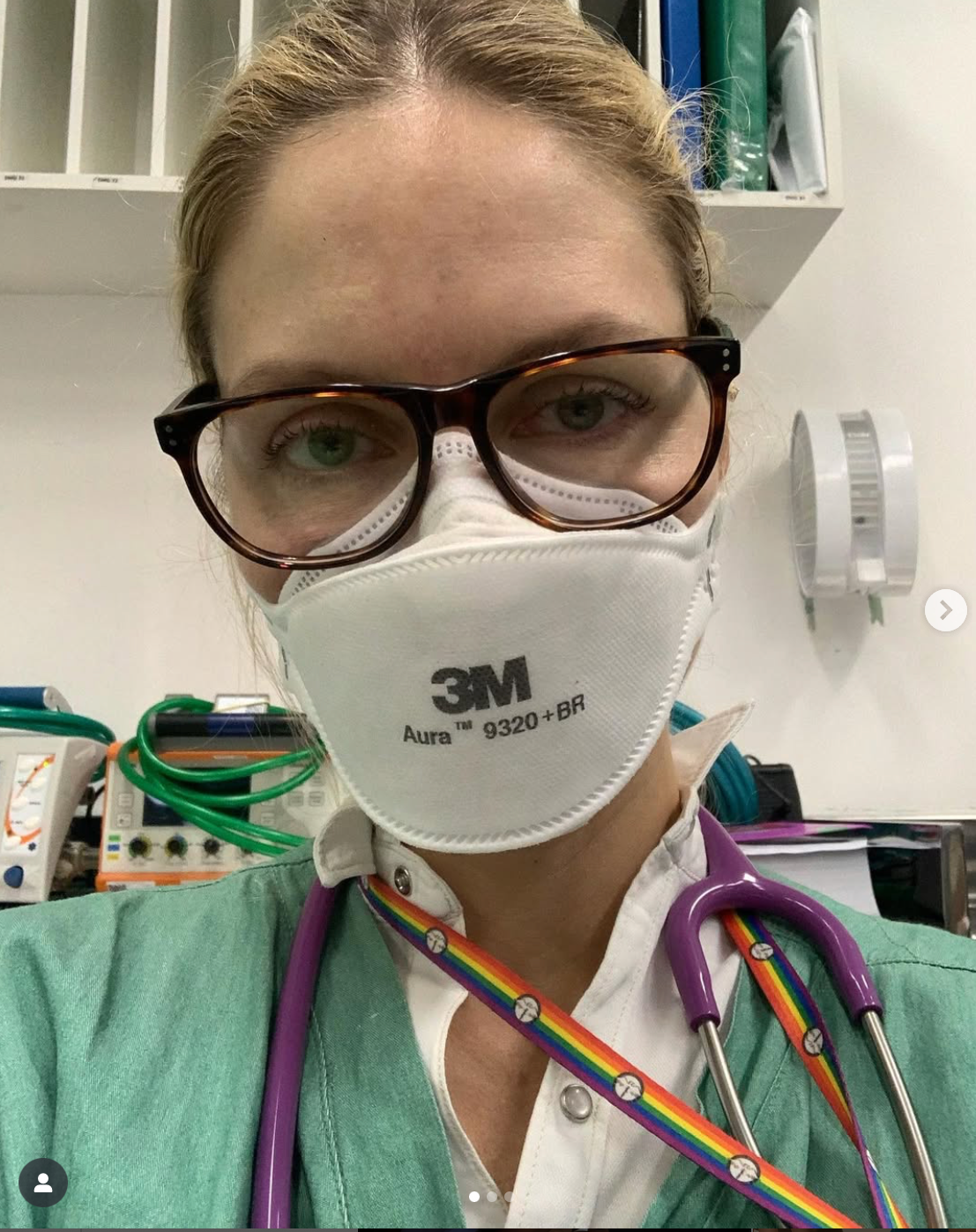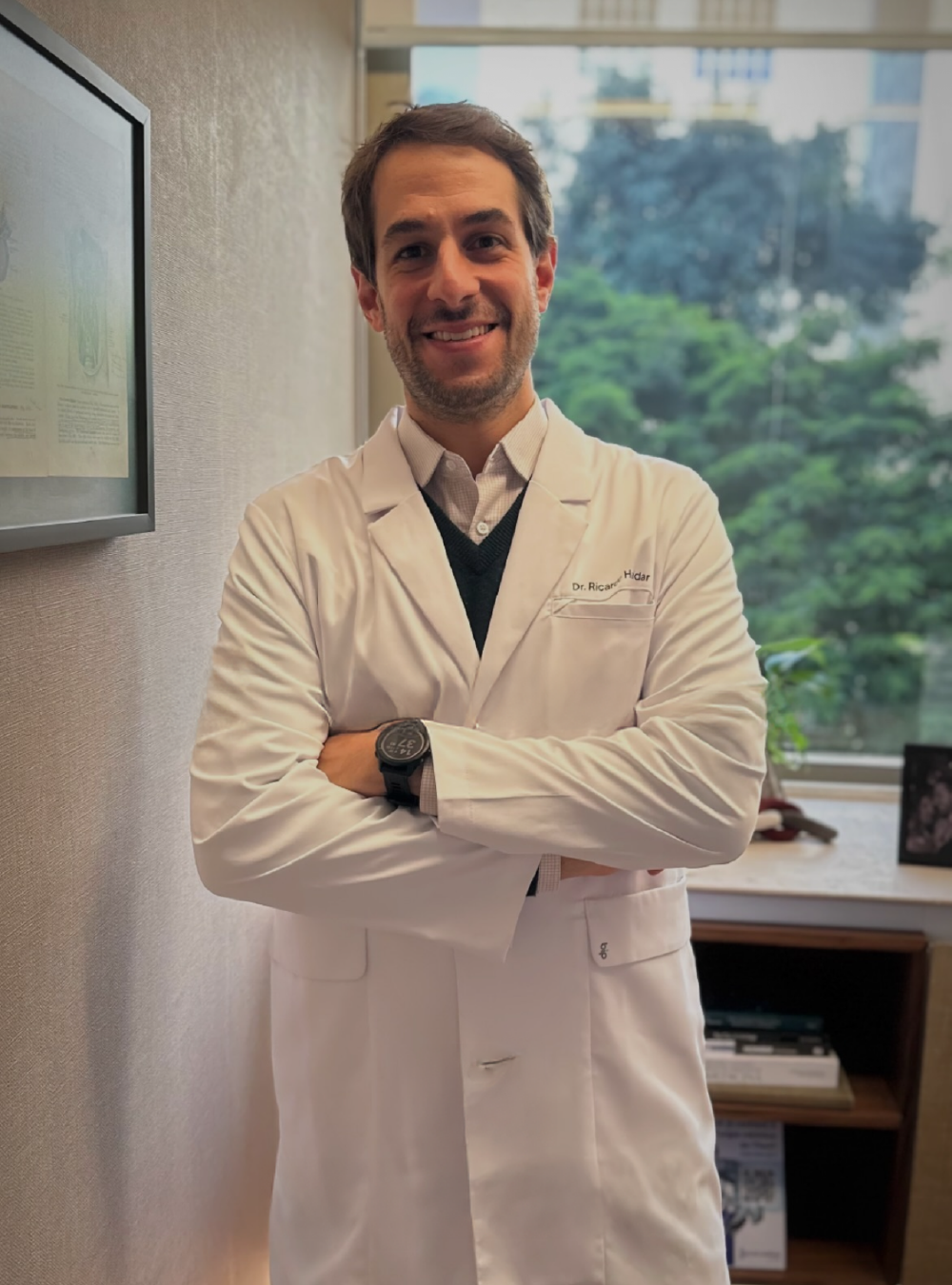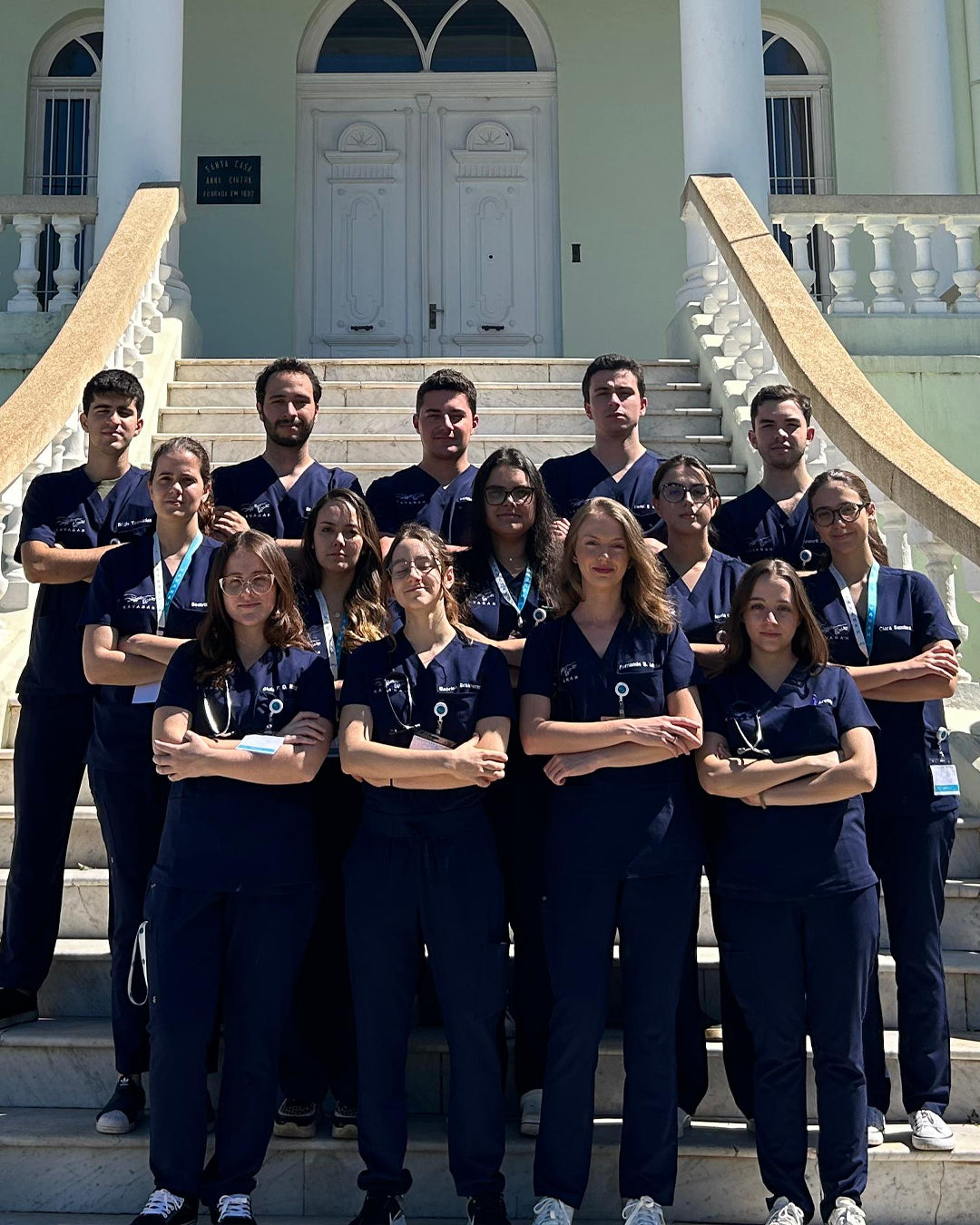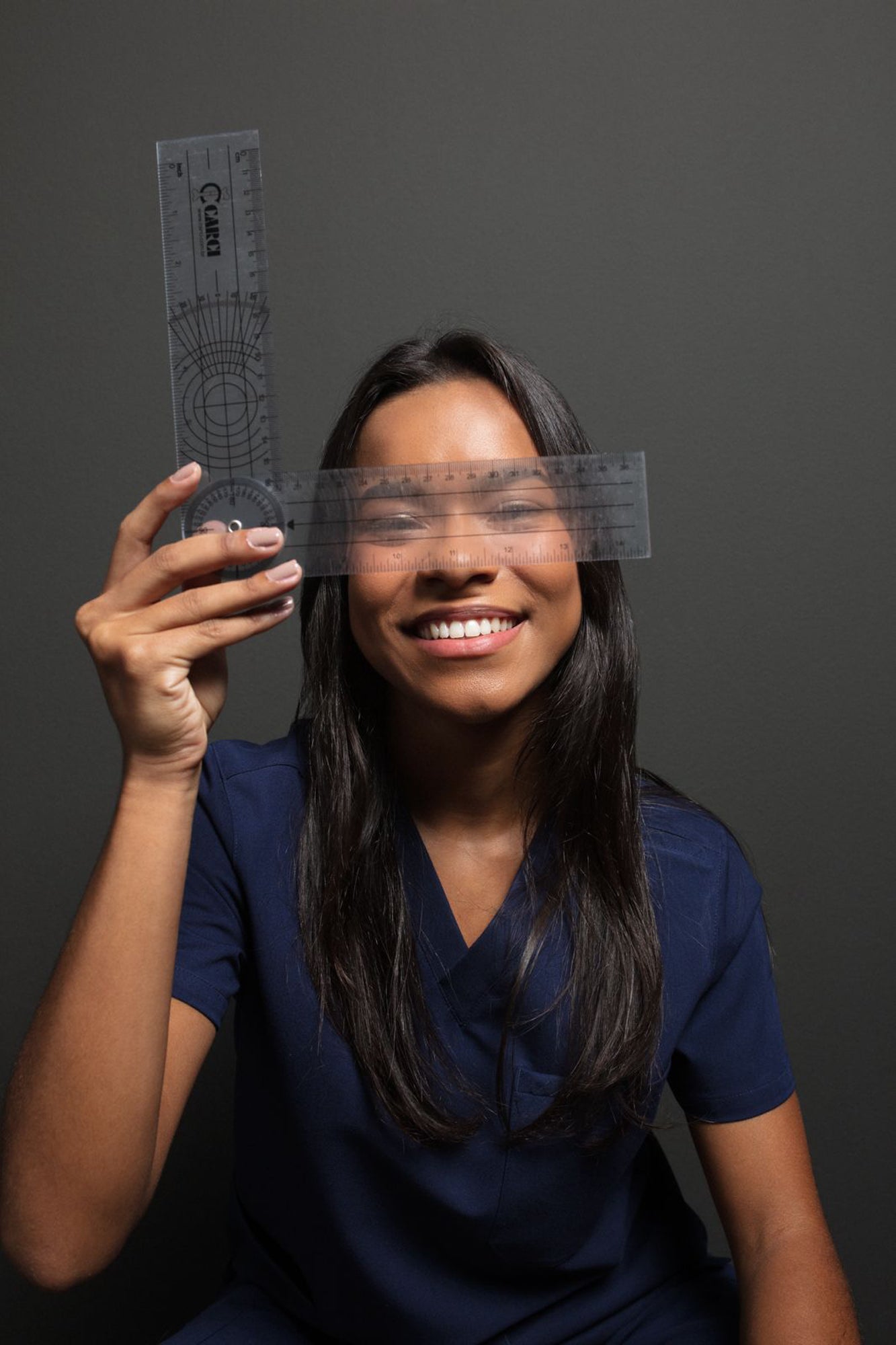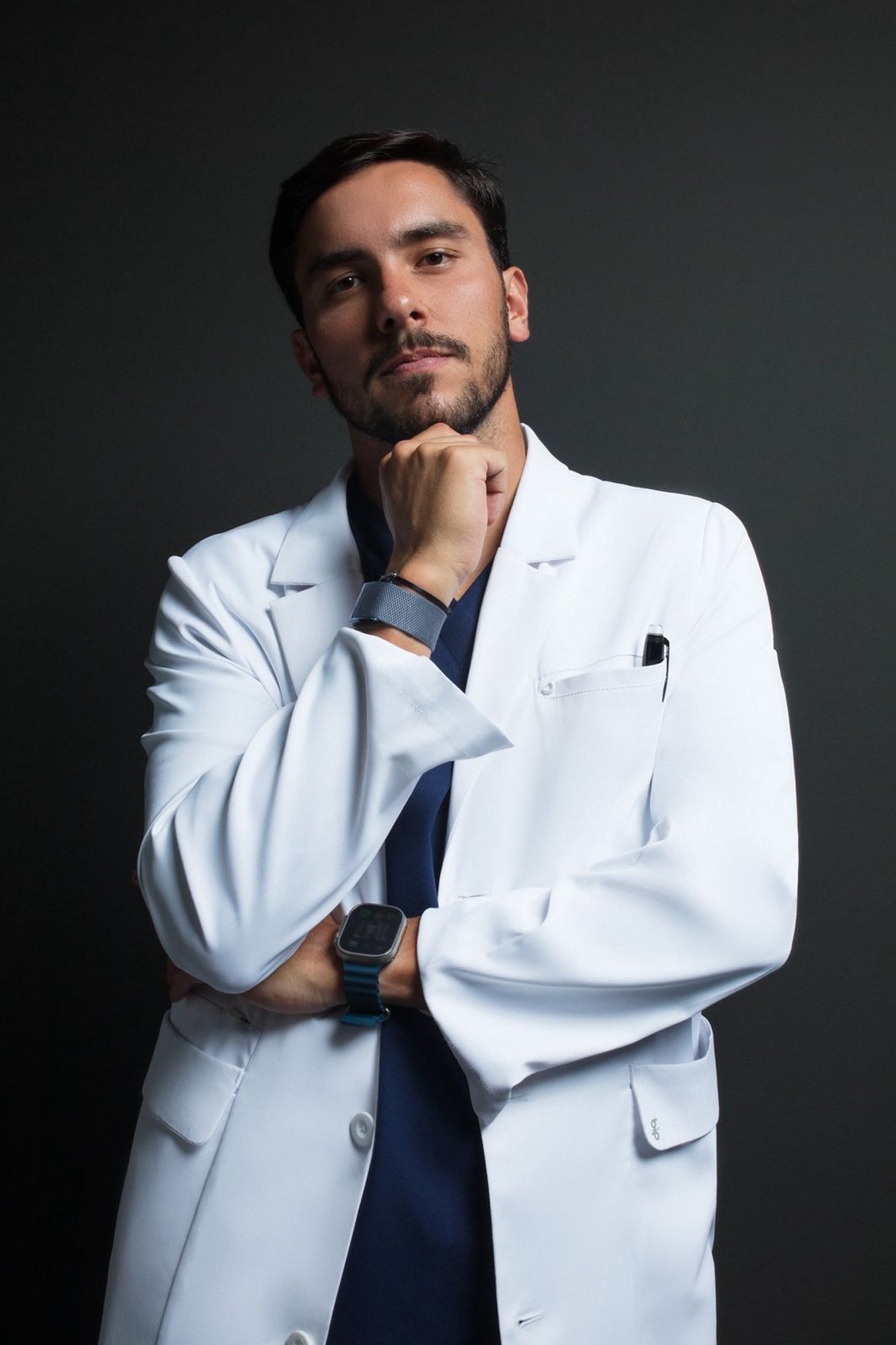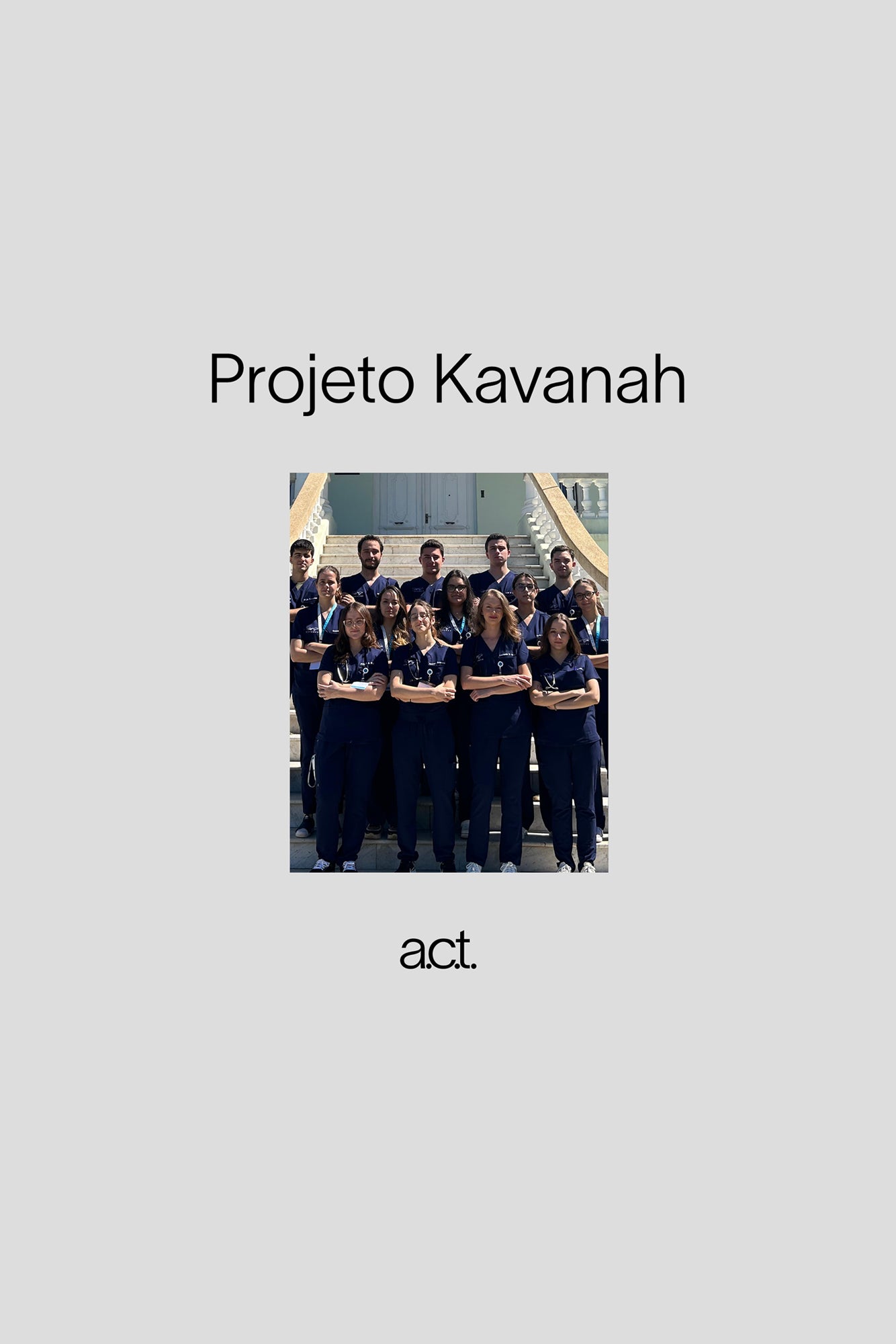

O Projeto Kavanah foi criado com a missão de melhorar o acesso à saúde especializada em cidades com longas filas de espera para procedimentos cirúrgicos. Fundado por alunos da Faculdade de Ciências da Saúde Albert Einstein (FICSAE) e supervisionado pelo Dr. Prof. Leandro Luongo de Matos, o projeto conta com o suporte operacional de médicos professores e do corpo clínico do Hospital Israelita Albert Einstein (HIAE), incluindo o coordenador médico do projeto, Dr. Daniel Magalhães.
O nome Kavanah, de origem hebraica, significa “intenção ou propósito”, refletindo a dedicação dos participantes em oferecer cuidados de saúde de qualidade com um compromisso profundo. As ações do projeto não se limitam às cirurgias; elas também incluem o apoio e incentivo aos serviços de saúde locais para melhorarem seus processos internos, promovendo a excelência em todas as áreas.
No Brasil, onde mais de um milhão de pessoas esperam na fila do SUS para procedimentos eletivos, iniciativas como o Kavanah são essenciais. O projeto ajuda a reduzir as filas de espera no sistema público de saúde, aliviando a carga sobre os recursos disponíveis. Além do impacto imediato nas comunidades atendidas, proporciona valiosas experiências técnicas e práticas para os alunos de medicina, desenvolvendo habilidades de empatia, trabalho em equipe e liderança.

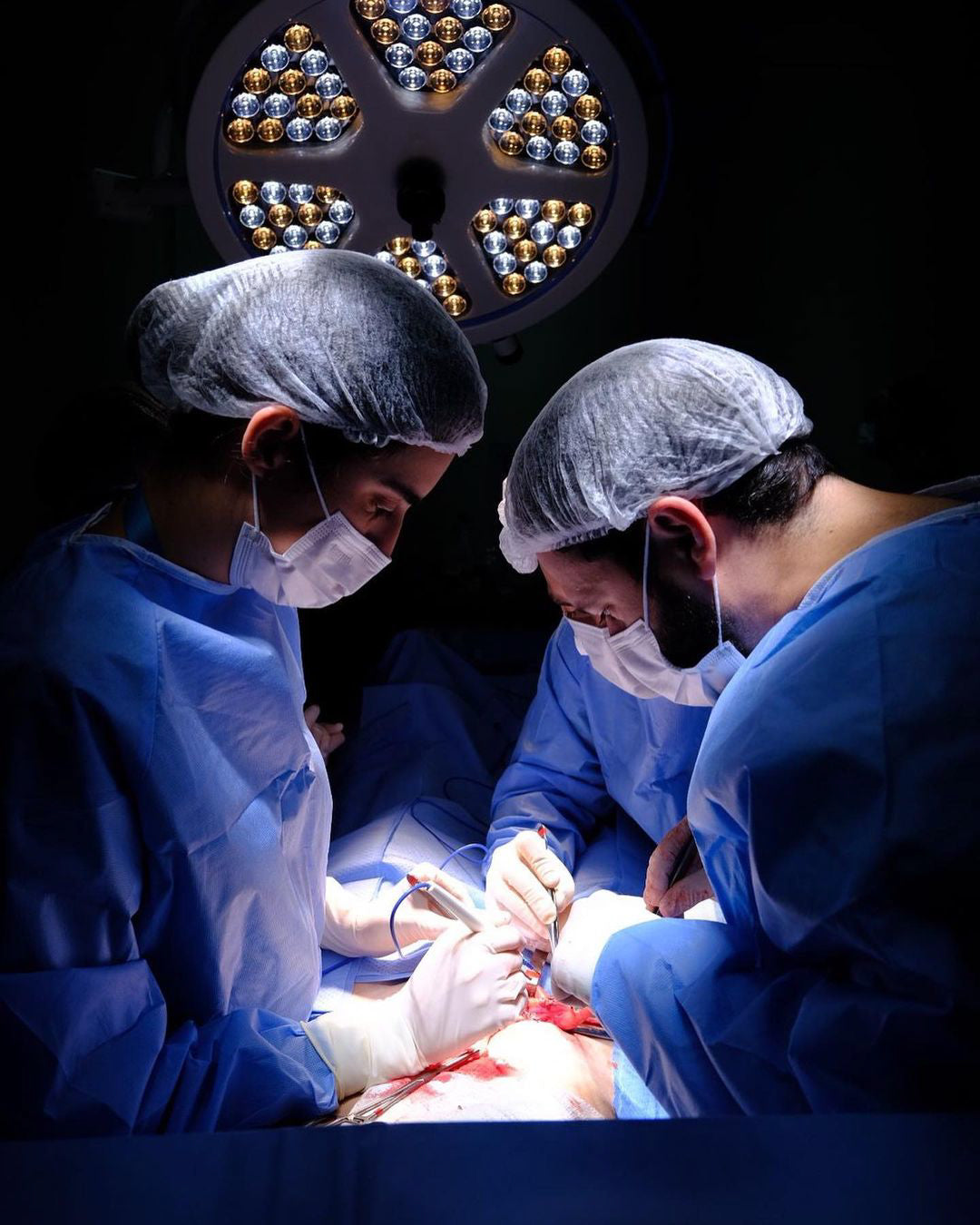
born in purpose
médica, o Projeto Kavanah mostra que a saúde,
guiada por um propósito claro e ações voluntárias,
pode realmente transformar vidas.
Cuidar da comunidade é o coração da medicina,
o Projeto Kavanah exemplifica essa filosofia em cada expedição.
Inspirando pacientes, colegas e a comunidade
médica, o Projeto Kavanah mostra que a saúde,
guiada por um propósito claro e ações voluntárias,
pode realmente transformar vidas.
Cuidar da comunidade é o coração
da medicina, o Projeto Kavanah exemplifica
essa filosofia em cada expedição.
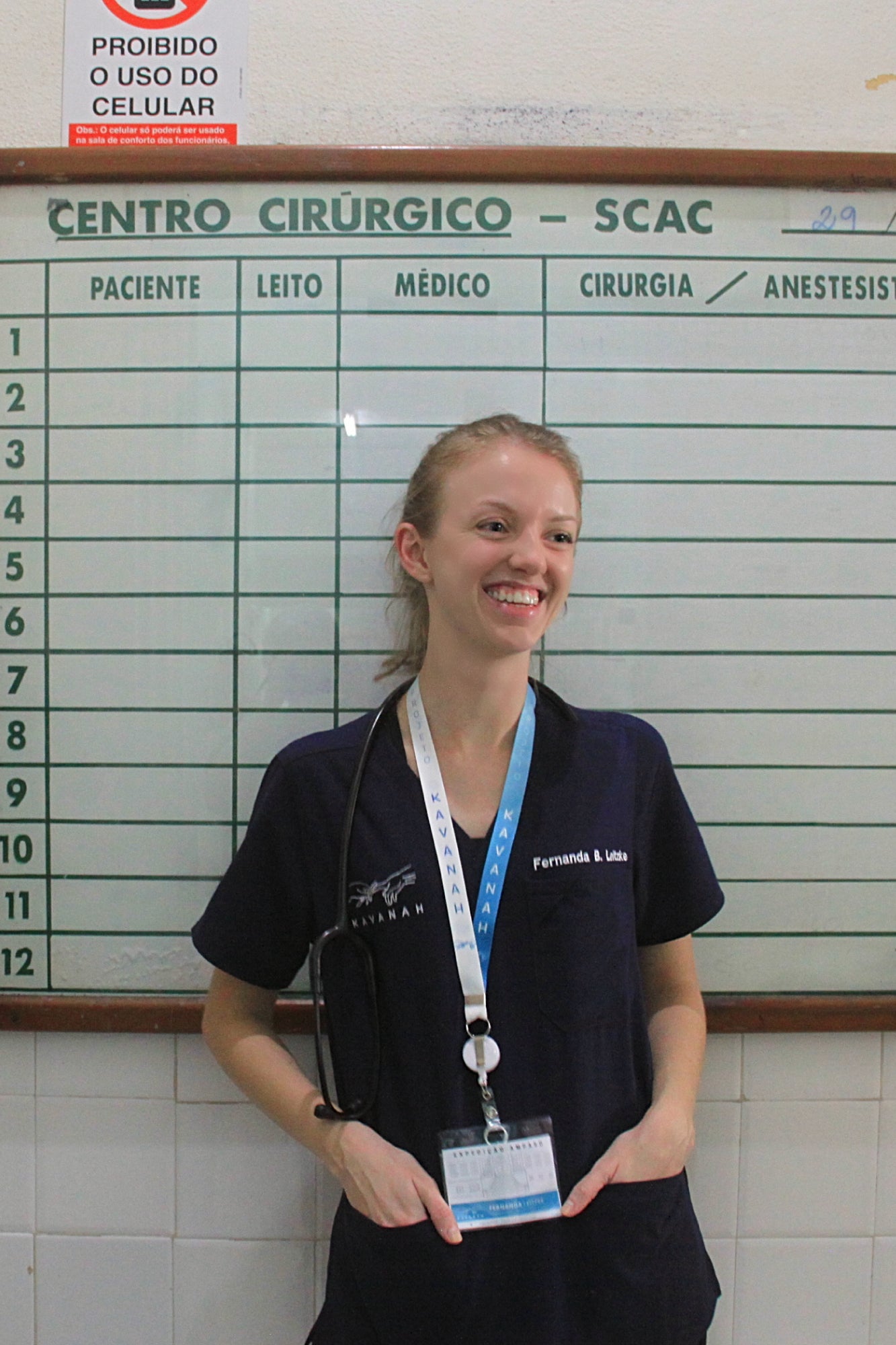
![]()
"Acreditamos no poder do voluntariado
para transformar realidades e inspirar
futuros profissionais da saúde.
Cada vida que tocamos reflete o esforço
conjunto de nossa equipe dedicada.
Nossa missão vai além das cirurgias;
queremos inspirar e capacitar
futuros profissionais de saúde."
![]()
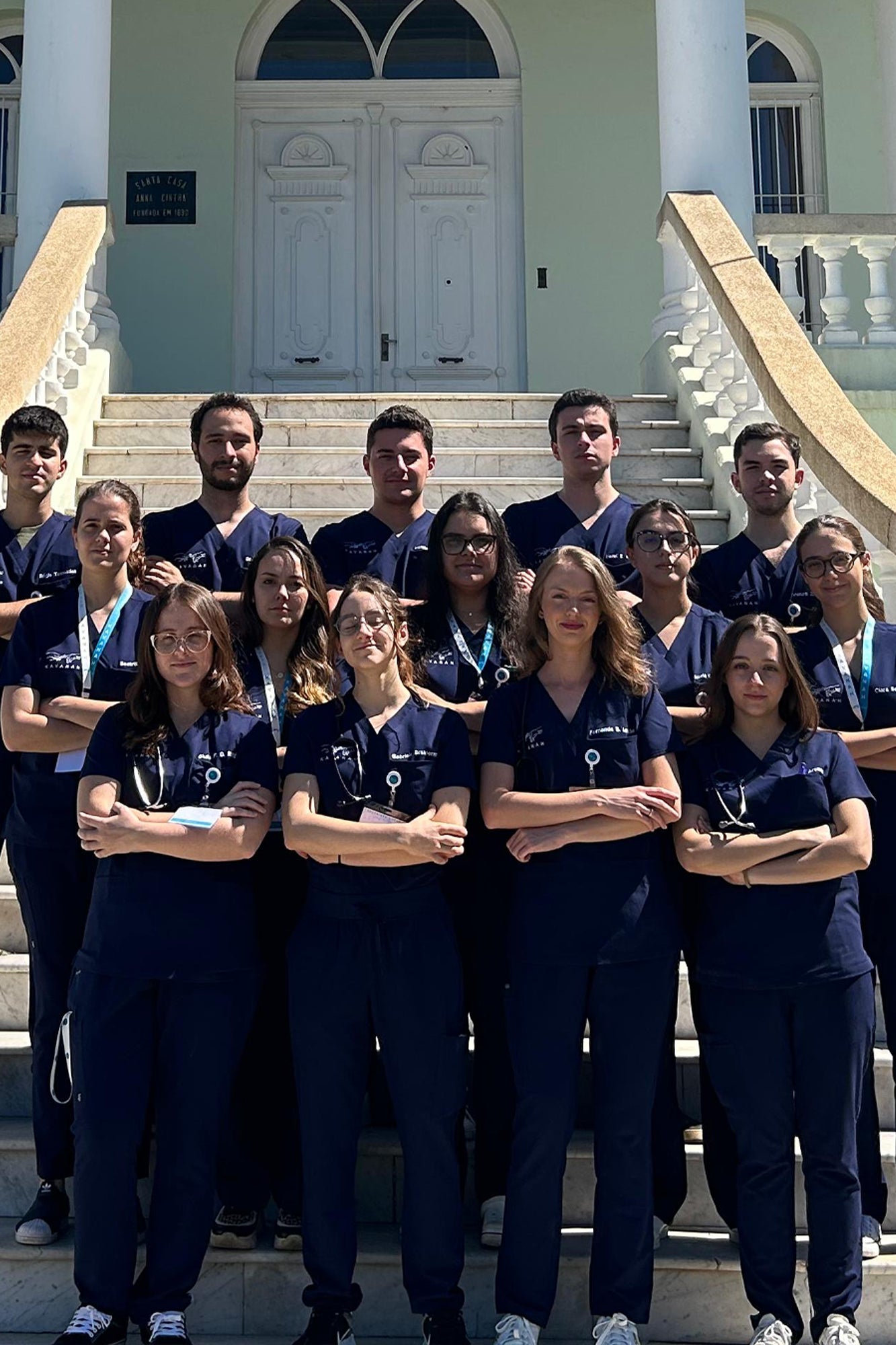
born in purpose
"É a primeira vez que faço parte como uma das
organizadoras de um empreendimento tão
significativo tanto para o nosso aprendizado
quanto para a sociedade."
![]()

Dr. Sean Lai & Além da Cirurgia
